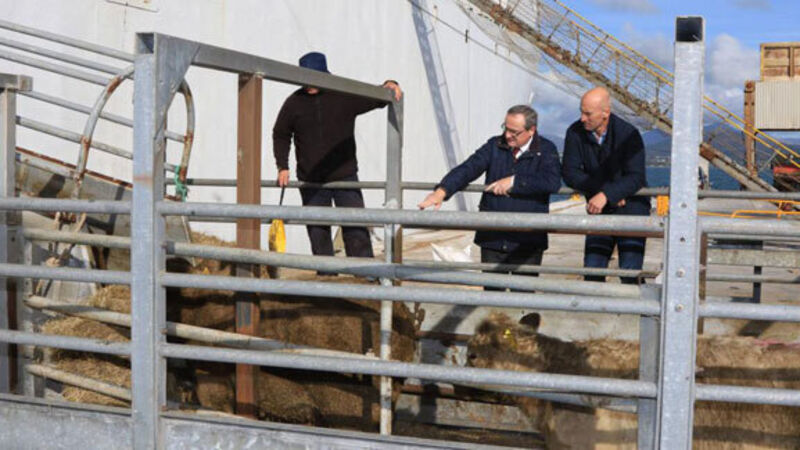Welcome revival of beef exports to Egypt

Agriculture, Food and Marine Minister Michael Creed announced last week that agreement had been reached with Egypt for re-opening its market to Irish beef.
Once the necessary technical arrangements are in place, five Irish plants can commence exports to Egypt, the largest market in the Middle East with some 95m consumers.










